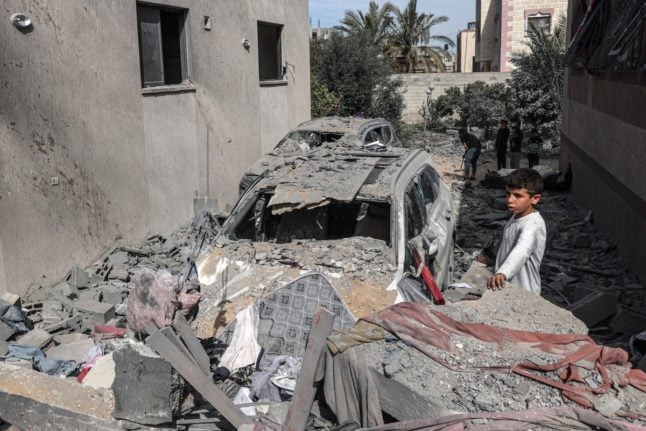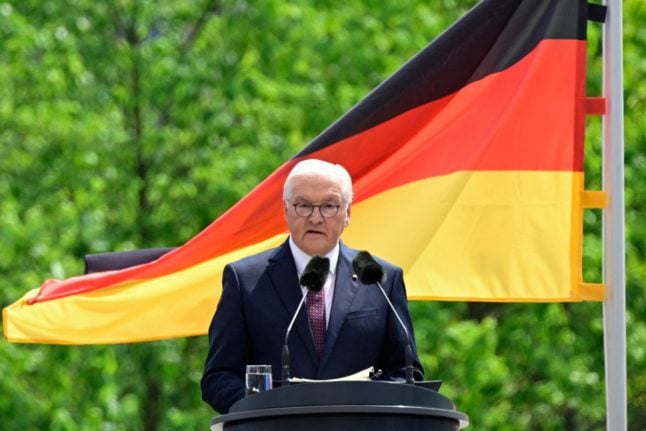Through those measures, “Germany is facilitating the commission of genocide and, in any case has failed in its obligation to do everything possible to prevent the commission of genocide,” Nicaragua argued in a filing published by the Hague-based court.
Nicaragua was asking the court to take a swift interim stance against Germany before the case was given in-depth study by judges.
The lodging of the case follows the ICJ saying on January 26th that Israel must do everything to prevent genocidal acts in Gaza and take “immediate” measures for aid provisions.
That interim order was given as the court moves to weigh in full a case lodged in December by South Africa alleging that Israel was engaged in genocide in Gaza.
Israel has dismissed South Africa’s case as a “grossly distorted story”.
ICJ rulings are legally binding but the court has no enforcement mechanism.
Rights groups Amnesty International and Human Rights Watch this week said Israel is disregarding the ICJ’s interim order by limiting humanitarian aid to Gaza.
Accusations from Israel that staff from UNRWA, the UN agency for Palestinian refugees, took part in the October 7th Hamas attacks against Israeli communities prompted several countries, including Germany, Britain, Japan and the United States, to suspend their funding.
On Friday, the European Commission emphasised that it was maintaining its funding of UNRWA while reviewing arrangements in light of the Israeli allegation.
The commission said it was releasing 50 million euros ($54 million) to the UN agency next week with a further 32 million euros to follow later.
Hamas’s unprecedented October 7th attack on southern Israel resulted in the deaths of about 1,160 people, mostly civilians, according to an AFP tally based on official Israeli figures.
Militants also took about 250 hostages, 130 of whom remain in Gaza, including 31 that Israel says are presumed dead.
The health ministry in Hamas-run Gaza on Friday gave the death toll in the strip from the unrelenting Israeli retaliation as 30,228, mostly women and children.
On Friday a spokesman for the UN humanitarian office OCHA said that “if something doesn’t change, a famine is almost inevitable” in the besieged territory.



 Please whitelist us to continue reading.
Please whitelist us to continue reading.
Member comments